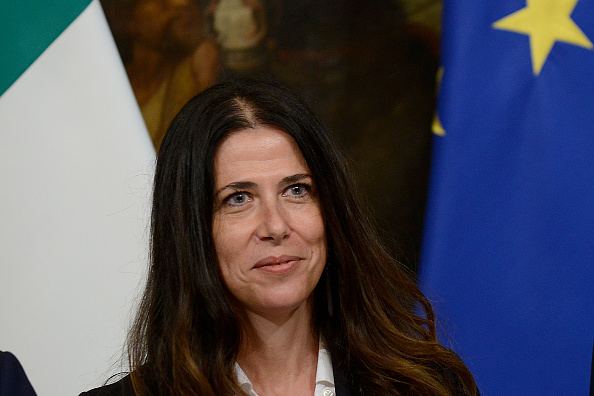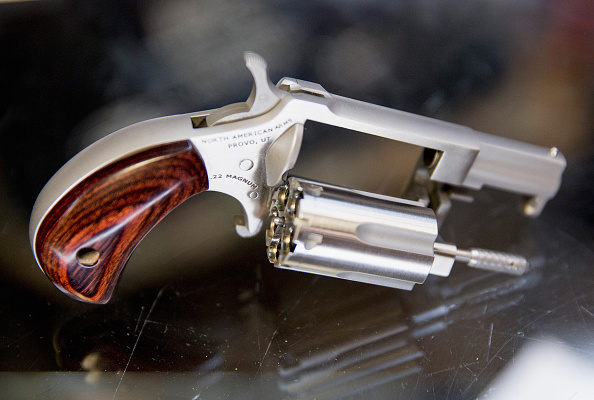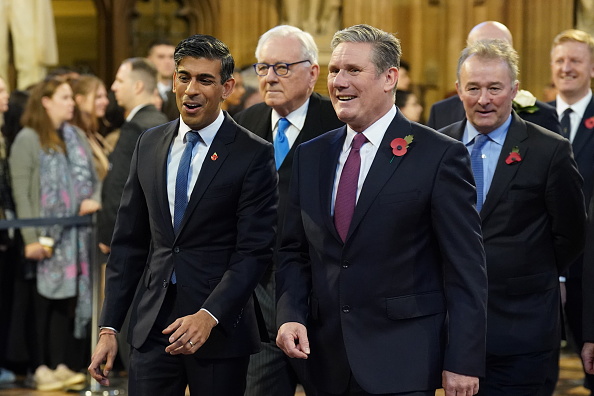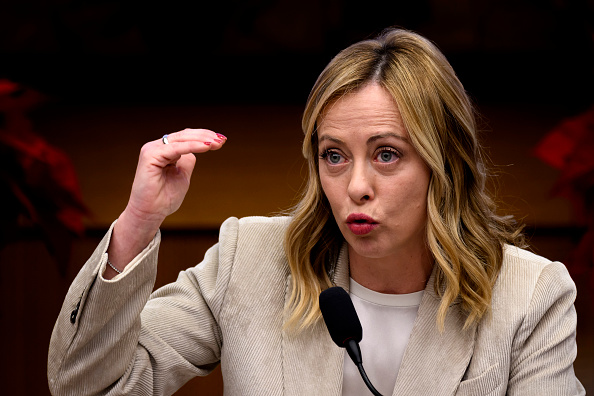Minister Giorgia Meloni’s centre-right bloc suffered a setback after the island of Sardinia elected a left-wing president.
The regional election on February 25 was the first a left-wing candidate has won since 2015. With 45.4 per cent in favour and 45 per cent against, it could hardly have been closer.
Still, it was “an unlikely progressive win in Europe’s hard-right heartland”, against the backdrop of a “low turn-out rate, 52.4 per cent, [the] second-lowest of the post-war period”, said Luca Bergamaschi, director of Italian climate-change think-tank ECCO.
In a contest seen as a precursor to June’s European Parliament elections, the result was a rare glimmer of hope for Ella Schlein’s Democratic Party.
In recent polls it has rarely topped the 19.1 per cent it garnered in September 2022’s general election. Meloni’s Fratelli d’Italia has generally seen its numbers improving on its owns 26 per cent then.
Schlein has struggled to unite the party since being elected head in February 2023, with segments objecting to her overtures to the Five Star Movement (M5S).
The centre-left bloc’s winning candidate in Sardinia, though, was Alessandra Todde – not a member of Schlein’s party but a former Five Star vice president.
A hard-to-categorise populist outfit with mixed agendas on “green” policy, direct democracy and soft Euroscepticism, the M5S initially sat with UKIP and Eurosceptic parties in the European Parliament’s Europe of Freedom and Democracy group.
Since 2017, they have been Non-Inscrits, members of the European Parliament (MEP) who do not belong to one of the recognised political groups.
Todde is an engineer and a former minister in the governments of Giuseppe Conte and Mario Draghi.
For an Italy suffering a brain-drain of young professionals, a number of Italians noted approvingly that Schlein had returned to the country after working overseas.
“A ‘cervello in fuga‘ [brain on the run], she had the courage to return to Italy,” said journalist Tiziana Ferrario.
As Meloni takes stock of the election result while looking ahead to June’s European Parliament elections, she faces the challenge that “she does not yet have a credible cohort of candidates”, Bergamaschi said.
The Sardinia result also calls into question the use of Matteo Salvini’s Lega party as an election partner, he added.
“Salvini’s Lega had huge losses, [winning less than] 4 per cent, posing questions as to the reliability of her most populist partner.”
Salvini, for his part, is also likely to frown on Meloni for her choice of candidate. He had wanted Sardinia’s incumbent president, Lega member Christian Solinas, put to the sword after Solinas’ assets were seized in a corruption investigation in mid-January.
For Meloni, though, the election results will reinforce her tendency to perceive more potential votes in the centre-right, as represented by Forza Italia, than the further-right space of Salvini’s party.
Forza made up 6.3 per cent of Paolo Truzzu’s 45 per cent of the vote, compared to Lega’s 3.7 per cent.
The coalition parties have one more test remaining before European Parliament elections – the Abruzzo regional elections on March 10.
They will stand against each other in June, with Salvini increasingly setting out his stall further Right in attacking Meloni’s record on migration and pursuing a harder Eurosceptic line than hers.
Salvini has invited French National Rally MP Marine Le Pen to his rallies, while Meloni has courted a working alliance with European Commission President Ursula von der Leyen.
In the arena of Italian politics, never known for dullness, there was also the tale of Sardinia’s Biancareddu, a town of 94 inhabitants.
With its primary school unusable due to renovations, the village’s polling station was moved to the house of local pensioner Maria Ghisu – with voting stations set up in Signora Ghisu’s bedroom. Presumably she was awake during the election.





